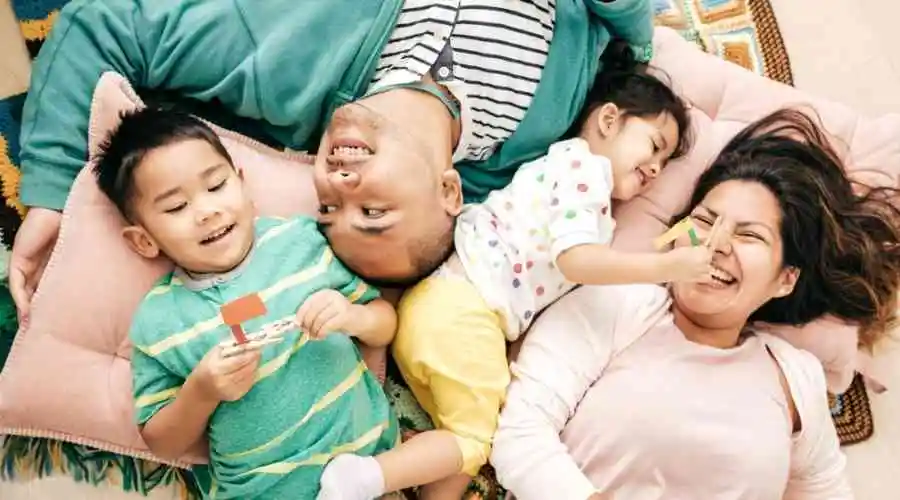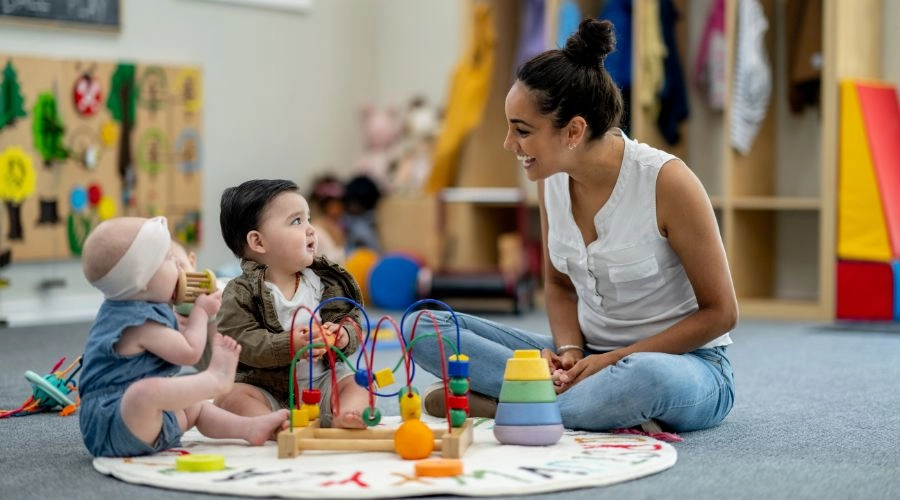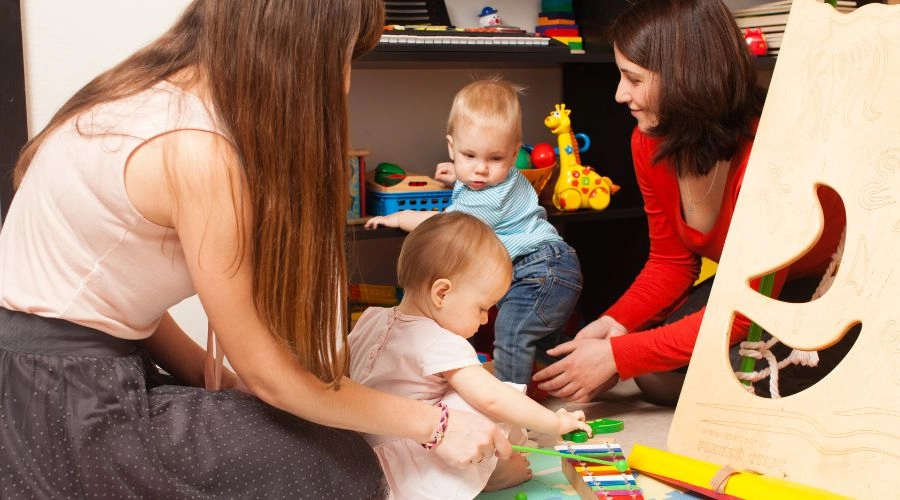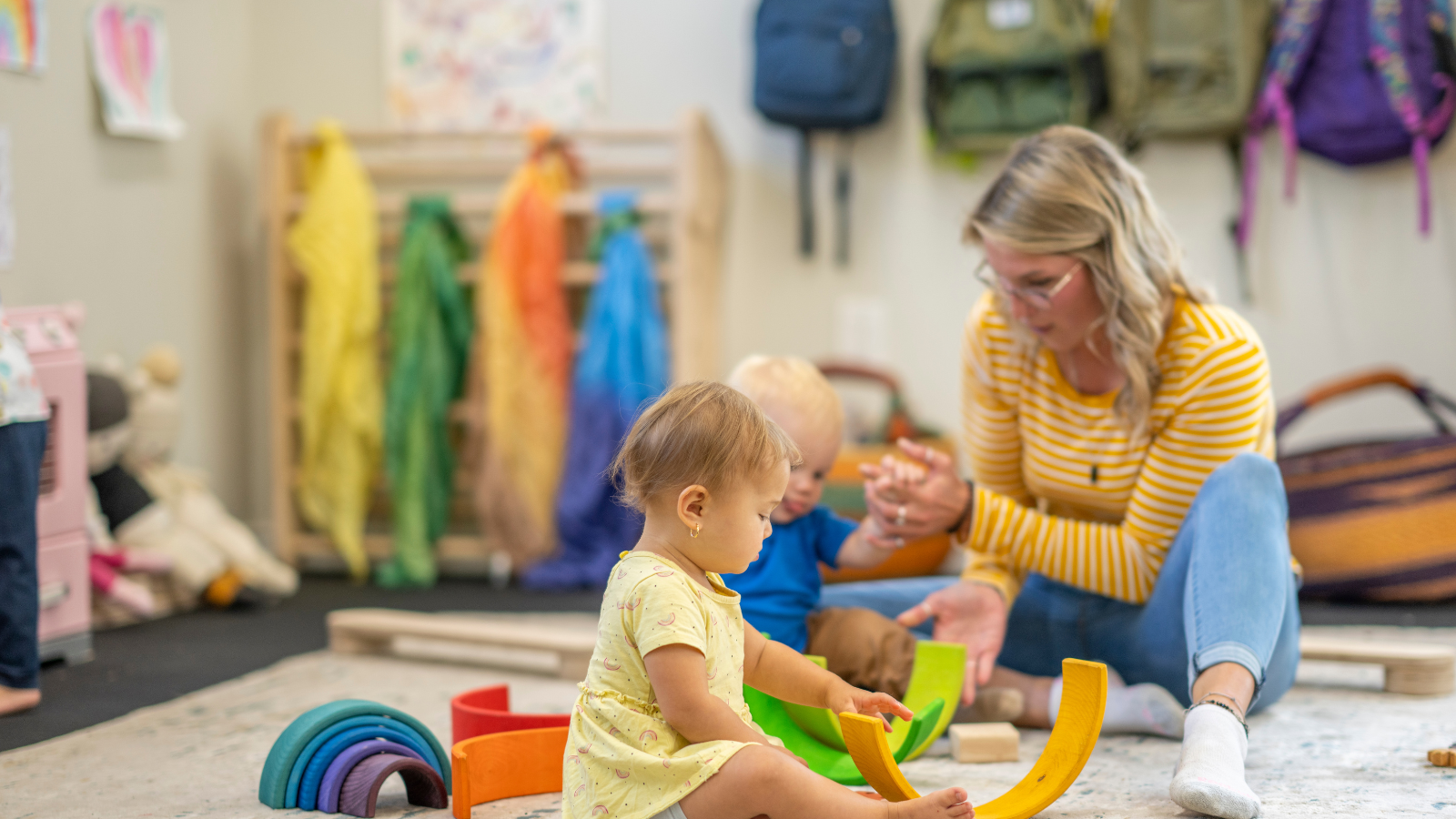The process of picking the suitable child care program for your home is not only vital, but it can also be nerve-wracking and stressful. The process of selecting the appropriate child care program for your household is essential. In order to make the process easier for yourself, there are a few things that you need to be aware of before you start the operation. You can find a complete list of these things here.
When looking for a program to care for children, it is vital to keep the following principles in mind:
- Participate in the activity geared toward children within a time period in which it is both open and populated by youngsters.
- Ask questions, and be sure to bring the checklist that is included in this booklet with you so that you may use it as a reference point.
- Make sure that the child care program is licensed or registered with New York State and that it has enough teachers and staff to handle the number of children and the ages that they are.
- Have a conversation with the parents of children who have gone through the child care program in the past. What kinds of concepts do they have in their head? Inquire with them about the many kinds of experiences they’ve had in the past.
- If you do not experience ease when wearing it, then it is not the appropriate fit for you. There is no need to be embarrassed if you check out a program but then leave because you don’t get a pleasant feeling from it. One of the most crucial considerations to make when selecting a daycare center is whether or not you will feel comfortable leaving your kid there on a daily basis.
- Check to see whether the price of the program is within your budgetary constraints. If this is not the case, try looking into alternative programs or ways to reduce the cost of child care.
- Don’t give up until you’ve achieved the desired result. It is OK to look into a number of different child care options and make phone calls until you discover one that is an excellent match for your needs, those of your family, and, most importantly, those of your kid.
Due to the fact that you have a newborn or a toddler, it is essential that you pay close attention to the following signs within the childcare program:
- Babies are not subjected to any kind of punishment, and instead, they are cared for via the use of a reassuring voice and a loving touch.
- Smaller quantities are served to toddlers, and mealtime is utilized as an opportunity for them to practice skills such as self-feeding and using a fork;
- The caregiver or caregivers are aware of the following: (1) toddlers are just starting to talk and, when upset, may bite, hit, kick, or have a tantrum instead of using words; (2) toddlers do not know how to share toys; and (3) toddlers may become frustrated with activity and require assistance in finding something else to do;
- When children want quiet space and time, the program provides cushy chairs and toys to play with;
- During nap time, the children may be seen and heard, each kid has their own place and supplies for sleeping, babies are allowed to sleep whenever they need to and are required to sleep on their backs;
- Toys are risk-free and well suited for use with young children such as newborns and toddlers;
- Accidents involving toddlers using the toilet are addressed in a calm manner by the provider(s), who collaborate with the parents to assist the toddlers in using the toilet.
Maintaining Consistency of Care
It is important for a child’s overall growth and development for them to have one caregiver over the course of a significant amount of time as opposed to changing caregivers every six to nine months or so. This is because changing caregivers can be disruptive to a child’s routine and disrupt their ability to form healthy attachments.
The transition from one caregiver to another is taxing on the patient. The child needs to begin the process of building trust all over again from the very beginning.
When a very young child loses a caregiver, he really loses a portion of his understanding of who he is and how the world works. The things that the child knows how to do and the ways that he knows to simply do not function anymore for the child after the loss of the caregiver. When there are too many different persons taking care of a kid, it could make the child unwilling to develop new ties.
In a program designed for the care of children, the continuity of care—or lack thereof—could potentially have a substantial impact on the overall experience of the participants as a whole.
When attempting to communicate with a new caregiver, a child has to put up more effort in order to be comprehended by that caregiver. The caregiver can only make educated guesses about what the patient needs. Both the kid and the carer are feeling bewilderment as well as worry.
If a child reacts with change by acting out his discontent, this will have an effect on the other children in the group as a whole. With a caregiver who knows him, however, a kid may indicate need less forcefully. When a person has a deeper comprehension of a child, they are better able to read the kid’s subtle cues, which point them in the direction of the requirements that the child has.
Get in touch with the Paramus Daycare in your area if you ever have any concerns about what to look for in a child care program that is tailored specifically to the needs of babies and toddlers. Paramus Daycare may be reached at (201) 500-2951 if you are situated in Bergen County, New Jersey, or you can visit our website at https://www.paramusdaycare.com/.






